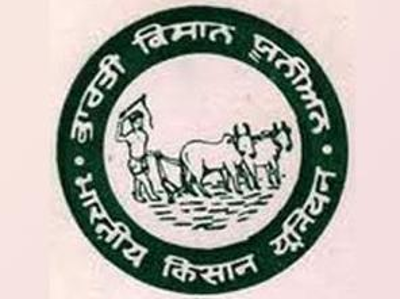The signatories express discontent with the IMF’s dismissive attitude towards civil society concerns, urging for transparent and participatory decision-making processes concerning reforms, particularly in debt restructuring. They are demanding a reduction in the country’s debt burden through a fair and transparent process, including the identification and cancellation of odious debt.








